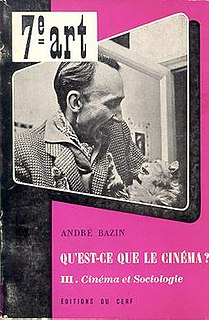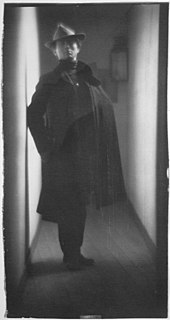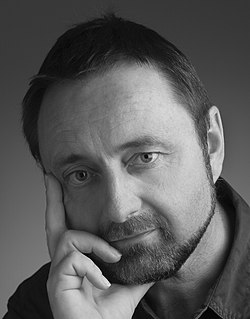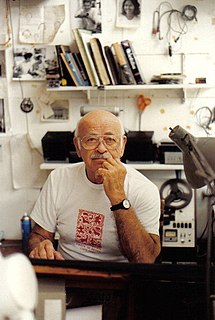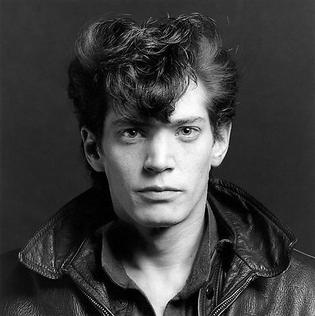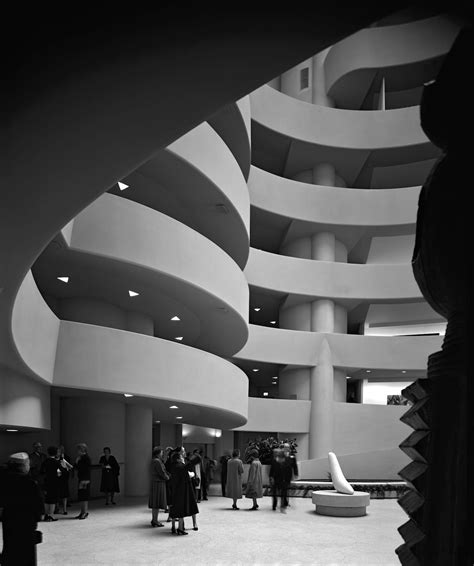A Quote by Andre Bazin
All the arts are based on the presence of man, only photography derives an advantage from his absence. Photography affects us like a phenomenon in nature, like a flower or a snowflake whose vegetable or earthly origins are an inseparable part of their beauty.
Related Quotes
To know whether photography is or is not an art matters little. What is important is to distinguish between good and bad photography. By good is meant that photography which accepts all the limitations inherent in photographic technique and takes advantage of the possibilities and characteristics the medium offers. By bad photography is mean that which is done, one may say, with a kind of inferiority complex, with no appreciation of what photography itself offers: but on the contrary, recurring to all sorts of imitations.
Anthropology... has always been highly dependent upon photography... As the use of still photography - and moving pictures - has become increasingly essential as a part of anthropological methods, the need for photographers with a disciplined knowledge of anthropology and for anthropologists with training in photography has increased. We expect that in the near future sophisticated training in photography will be a requirement for all anthropologists. (1962)
I don't know that there were any rules for documentary photography. As a matter of fact, I don't think the term was even very precise. So as far as I'm concerned, the kind of photography I did in the FSA was the kind of photography I still do today, because it is based on passionate concern for the human condition. That is the basis of all the work that I do.
The most refined skills of color printing, the intricate techniques of wide-angle photography, provide us pictures of trivia bigger and more real than life. We forget that we see trivia and notice only that the reproduction is so good. Man fulfils his dream and by photographic magic produces a precise image of the Grand Canyon. The result is not that he adores nature or beauty the more. Instead he adores his camera - and himself.
Of course, it may be that the arts of writing and photography are antithetical. The hope and aim of a word-handler is that he maycommunicate a thought or an impression to his reader without the reader's realizing that he has been dragged through a series of hazardous or grotesque syntactical situations. In photography the goal seems to be to prove beyond a doubt that the cameraman, in his great moment of creation, was either hanging by his heels from the rafters or was wedged under the floor with his lens in a knothole.
